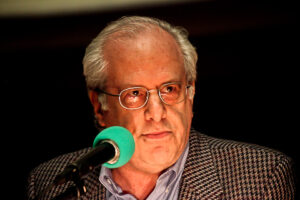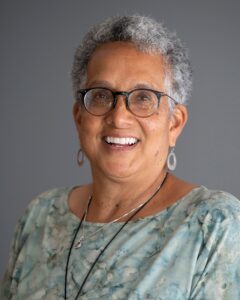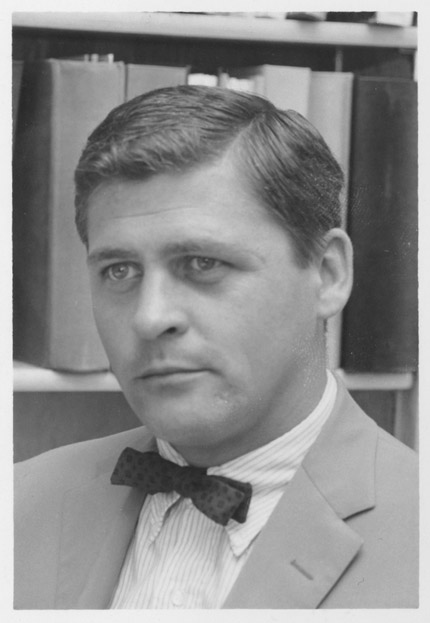Richard D. Wolff Papers
1912-2020 Bulk: 1989-2008
8 boxes 7.55 linear feet
Call no.: FS 210
 Richard Wolff delivering a lecture at the New York Society for Ethical Culture, 2011. Photo by Joel Simpson
Richard Wolff delivering a lecture at the New York Society for Ethical Culture, 2011. Photo by Joel Simpson
Hired to the UMass Amherst Economics Department as part of the “radical package” in 1973, Richard D. Wolff is an influential Marxian economist and professor emeritus of economics. Wolff was born in 1942 to Max and Lieselotte Wolff, who emigrated to the United States during World War II. He earned a BA in History from Harvard, MA in Economics from Stanford, and MA and PhD in Economics from Yale University, during which time he was an instructor at Yale. Before coming to UMass, Wolff also taught at the City College of the City University of New York. Wolff and his colleague and frequent collaborator, Stephen Resnick, wrote prolifically during their career at UMass, developing a new framework for considering political economy. While teaching at UMass, Wolff and his colleagues established the Association for Economic and Social Analysis (AESA), which sponsors publication of the journal Rethinking Marxism. In 2012, Wolff co-founded Democracy at Work, a non-profit producing media that provides education and analysis of capitalism, Marxism, and democratic workplaces.
The Richard Wolff Papers document the professorial and professional career of Wolff through course material, writings and publications, book contracts, floppy disks, and a plethora of correspondence in the form of handwritten letters and printed out emails. There is also a small but significant amount of personal material, including family scrapbooks from Germany and his mother’s manuscript on surviving the Holocaust.
Gift of Richard Wolff, 2022
Language(s): GermanFrench
Subjects
Capitalism--United StatesEconomic historyMarxian economicsUniversity of Massachusetts Amherst--FacultyContributors
Resnick, Stephen A.Wolff, Richard D.Types of material
CorrespondenceLecture notesProfessional papersPrograms (documents)





